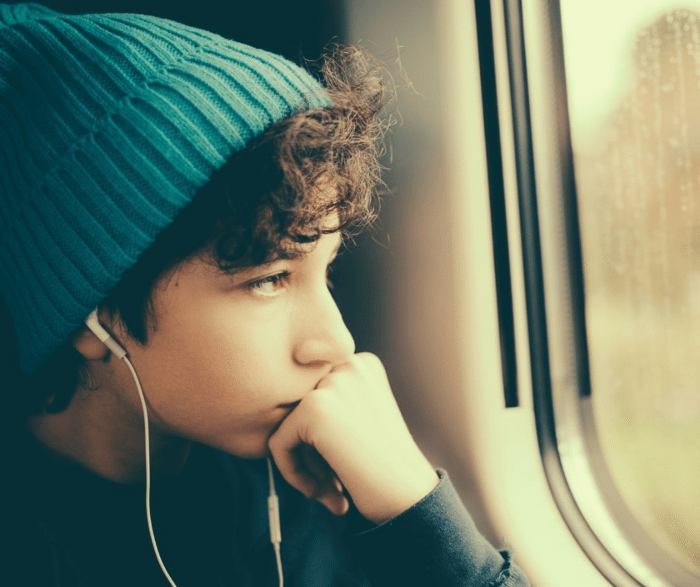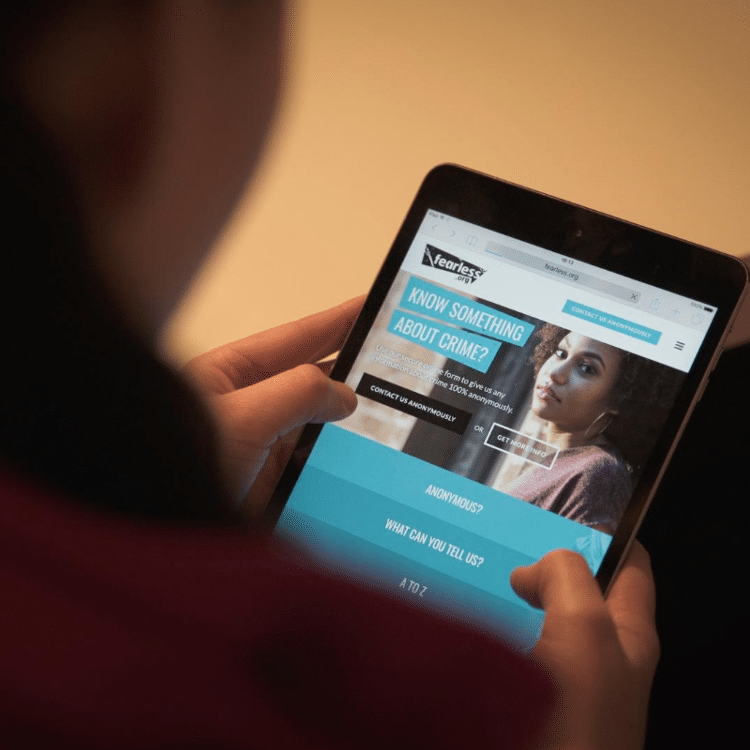Hate crime
As part of our commitment to helping young people to create a fairer, safer Scotland, we’re launching our annual hate crime campaign.
What is a hate crime?
Any crime which is perceived by the victim or any other person as being motivated (entirely or partly) by malice or ill will towards a social group.
In Scotland, the groups or ‘protected characteristics’ covered by the hate crime legislation are:
- Age
- Disability
- Race, colour, nationality (including citizenship), ethnic or national origins
- Religion or belief
- Sexual orientation
- Transgender identity
- Variations in sex characteristics
Victims may be subjected to physical assaults or suffer damage to their property. They may also experience the threat of an attack or verbal abuse.
Hate crime can happen anywhere – at school, at the football, in the street or even at home.
If you know who is responsible for hate crime – click here – to tell us what you know, 100% anonymously.

Victim of hate crime?
As Fearless is 100% anonymous, we are unable to take reports from victims of crime.
If you feel like you’ve been a victim of hate crime, it’s really important that you speak to a trusted adult, police or you can even visit a Third Party Reporting Centre:
Podcast
Our latest podcast features young people sharing their thoughts on prejudice including their own personal experiences. Carol Burt at I Am Me Scotland talks about hate crime, prejudice-based bullying and the thin line between them.
Holocaust Memorial Day 2023
Our campaign coincides with, and is inspired by, Holocaust Memorial Day 2023 Holocaust Memorial Day Trust (hmd.org.uk) and this year’s theme of ‘Ordinary People’.
It reminds us that genocide is facilitated by ordinary people. Ordinary people who turn a blind eye, believe propaganda and join murderous regimes.
Those who are persecuted, oppressed and murdered in genocide aren’t persecuted because of crimes they’ve committed – they are persecuted simply because they are ordinary people who belong to a particular group.
Ordinary people were harm-doers, bystanders and victims in the Holocaust and other genocides across the world.
That’s why it’s so important to learn from history and consider our actions today.
We are all ordinary people who can be extraordinary in our actions. We can all make decisions to challenge prejudice, stand up to hatred and speak out against persecution.

How can I be an active bystander?
Action on Prejudice have created a brilliant resource to support you to consider what you could do if you become aware of or witness hate crime:
Useful organisations
Click on the links below to find links to organisations that can provide further information:
Working in partnership with The Scottish Government


Anonymity
Fearless is a service that allows you to pass on information about crime 100% anonymously. Anonymous means your identity is completely unknown.

Give information anonymously
Report a crime 100% anonymously by completing our online form or calling 0800 555 111

Youth support services
Access a selection of youth organisations who can offer further information, advice and support for whatever you're dealing with.
